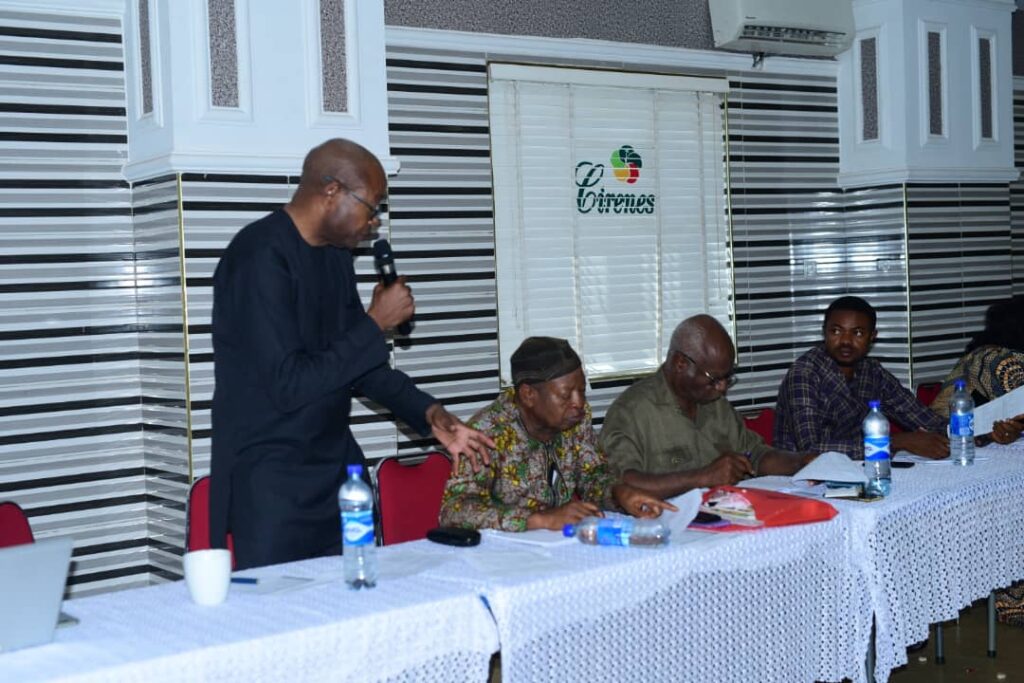Ike Nnachi, Abakaliki
Stakeholders in Ebonyi State have called for measures to ensure sustainability of the interventions being supported by the United States Agency for International Development (USAID) State Accountability, Transparency and Effectiveness, (State2State) Activity in the state.
The stakeholders comprising senior government officials and members of Civil Society Organizations (CSOs) who constitute the State Transformation Committee (STC) made the call during the STC’s Quarterly Meeting which held at Cirenes Hotels Abakaliki.
Speaking at the event, the State Team Lead of USAID State2State Activity, Dr. Sam Onyia, recalled that the STC was established in April 2021 by Governor David Umahi, with a mandate to provide support to the USAID State2State Activity implementation in Ebonyi State.
He further stated that the objectives of the Quarterly Meeting were to review the effectiveness or otherwise of the STC support, identify ways of strengthening their support and to develop an implementable action plan for a more effective and sustainable STC support to USAID State2State Activity implementation in the State.
In his opening remarks, the STC Co-chair (civil society), Mr. Ewah Otu Eleri, thanked the USAID State2State for its numerous interventions in the state which are beginning to yield impactful results, and pledged the continued support of the STC to the USAID State2State Activity implementation.
In his presentation, the USAID State2State Citizen Engagement and Capacity Building Specialist, Dr. Ibiam Azu noted that there is the need to guard against distractions that may arise due to the political transition period in the state.
He noted that there could be a decline of high-level political will and engagement since most high-level political office holders are currently involved in political contests.
The high point of the meeting was the development of a robust Action Plan to achieve a more effective and sustainable STC support to the USAID State2State Activity implementation in Ebonyi State.
The Action Plan details the goals and objectives, tasks to achieve the goals, key performance indicators, time-frame, expected outcomes and responsibilities.
Key issues identified in the Action Plan included strategies for STC support to the implementation of State2State’s Year 3 work plan, STC participation in State2State’s activities and workshops, implementation of State2State’s grants under contract (GUC), facilitation of high-level meetings with the Governor and Leadership of the State House of Assembly and facilitation of transition engagement with the in-coming administration.
Others are support to the implementation of the Open Government Partnership (OGP), support to the implementation of the IGR Expansion Strategy, facilitation of increased budget allocations and budget releases to the Health, Education, Water, Sanitation and Hygiene (WASH) sectors, facilitation of recruitment of primary school teachers and health workers, Performance reviews of State2State implementation, amongst others.
The meeting also developed a robust implementation plan to ensure a focused implementation of the Action Plan.
Four sub-committees were set-up at the end of the Committee’s deliberations as part of the implementation plan.

